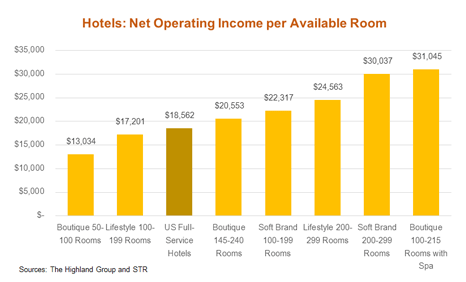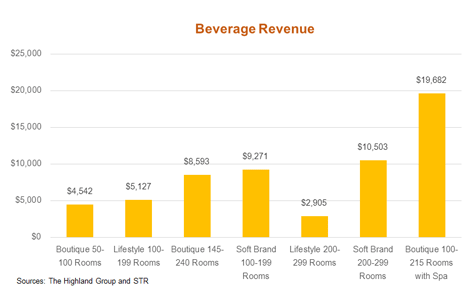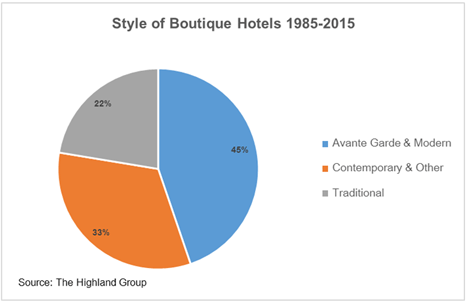About the boutique hotel
Author:Penetrat Furniture Category:Current News Views:3207[Penetrat International Hotel Furniture]
What is a boutique hotel, how to change the hotel industry?
What is a boutique hotel?
Unlike the open interpretation of luxury hotels, the definition of a boutique hotel is very clear. The following are some of the elements that distinguish boutique hotels.
First of all, a boutique hotel is small.
Most hospitality people agree that there should be no more than 100 rooms for a property that is considered a boutique hotel. But don't be too small: if you don't have at least 10 rooms, it's not a boutique hotel, but a B&B or a hotel.
The intimate size of the boutique hotel creates a unique personal touch and a fascinating atmosphere. Some luxury travellers enjoy the compact size and surrounded atmosphere of the boutique hotel. Others like to feel like an observer in a busy and busy big hotel.
Source: luxurytravel.about.com
This is more than romance
If you have been in this industry, you will remember that the brands look beautiful, but never made any money. So the big question for these exciting boutiques, lifestyles and soft-brand hotels is: Will they make money?
For the report “Life Hotel, Soft Brand Collection and Boutique Hotel”, Highland Group, which cooperates with HNN parent company STR, reviewed the sample of 7 hotels in these segments to solve this problem. The net operating income of these lifestyle hotels, soft brand hotels and boutique hotels is shown below.

The net operating income of these samples is encouraging. An important contributor is the beverage sector. The chart below shows seven samples of beverage sales, with revenues ranging from 8% to 15% in addition to the “Lifestyle 200-299” room sample. Three of these samples earned more than $8,000 per drink. Drink sales directly enriched the bottom line of these hotels. It also creates a “active and interesting” place for guests, enhancing their overall market position.

Net operating income data indicates that these three parts of the boutique market have the potential to prove desirable and profitable for developers and hoteliers.
This is not just an old historic hotel
Since the opening of the Morgans Hotel Group in New York City in the mid-1980s, the new era of boutique hotels has demonstrated high-end furniture and stylish lounges. Although traditional long-established boutique hotels are still under development, the market has changed dramatically. In the past 30 years, only 22% of boutique hotels have been traditionally designed.

There are 659 boutique hotels in the United States with a total of 54,557 rooms. Boutique stocks grow at a rate of 3.1% per year, much higher than the overall hotel industry.
The boutique hotel has a modern design and stylish lounge that appeals to wealthy clients. Demand has increased dramatically, so there is interest in hotel chains. Chain stores enter the boutique market in two ways.
Soft brand collections enable independent hotels, such as boutique properties, to participate in national and global distribution systems while retaining their unique name and style. Many soft-branded hotels are small-scale design-centric properties such as St. Augustine's Marriott Certified Casa Monica Hotel, Providence's Biltmore. However, soft brands also include hotels that are not boutique, such as the Hilton Hotel in Las Vegas. There are 208 hotels, 35,000 soft-brand brands, and the annual growth rate of collectibles is 18%.
The Lifestyle Hotel is a product developed by the National Franchise System with a wide range of brands, national reservations and marketing programs. Products in lifestyle brands follow the strict design standards of their franchise brands. They are known for their brands, not their unique names, and they have standardized features. However, they are designed to appeal to guests who prefer a boutique hotel cache. They will also attract hotel developers interested in the boutique segment, but the risks associated with proprietary products are lower. There are 178 hotels with a total of 30,982 lifestyle brands. Life ability increases by 11.5% annually.
They will change the face of the hotel industry
The boutique hotel design has changed the look and feel of the branded hotel. The new design package found in the branded products of the Hampton Inn to Marriott Resort reflects the impact of boutique hotels on the overall market.
The success of the boutique hotel lounge is also affecting the overall hotel market. Independent and branded hotel developers and operators a few years ago in the selection of service hotels to minimize food and beverage business, are reviewing the revenue opportunities of the lounge to achieve new developments.
Lifestyle brands often incorporate lounges for light catering services. Rooftop lounges are also popular in boutique hotels as they create customer experiences and values that they deliver to owners.
The life brand and soft brand series are growing faster than the overall industry. New brands and products entering this space are explosive. While not all new brands will stand the test of time, the boutique, lifestyle and soft brand segments will continue to grow, surpassing the overall hospitality industry. It is expected that these brands and design features will increasingly become mainstream. As time goes by, they may replace some traditional full-service and select service brands.
Although it is more than romantic, the exquisite design and the enticing cocktail lounge are also nice and romantic.






